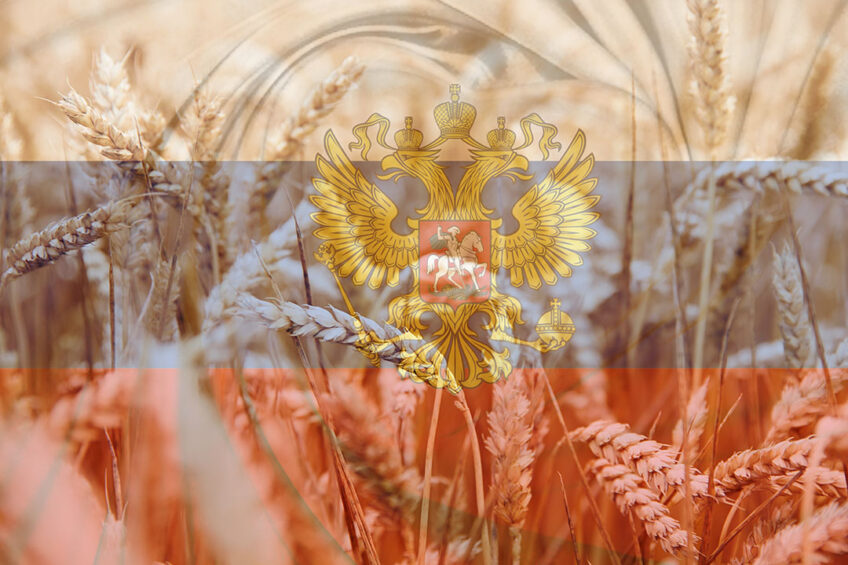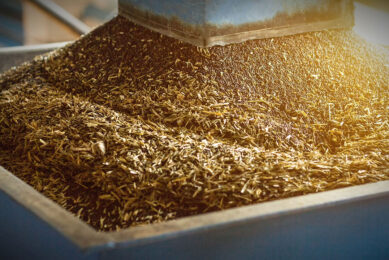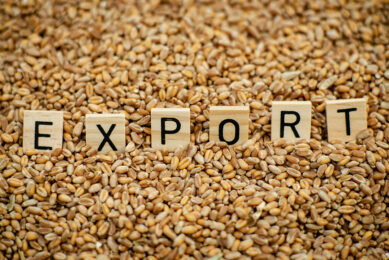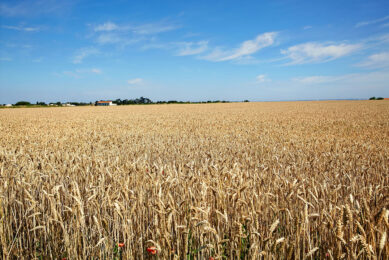Grain market in turbulence as Western traders exit Russia

International food giants Cargill and Viterra have announced plans to stop grain trading in Russia, making the global market nervous over the future of Russian export.
In the past years, Viterra and Cargill both were ranked in the top 6 exporters of Russian wheat. Cargill informed the Russian Agricultural Ministry that the move would come into effect from the beginning of the next agricultural year, while Viterra reportedly intends to leave the country by the end of the current season. The rationale behind the moves is not entirely clear, but Bloomberg reported that Western grain traders faced growing administrative pressure in Russia to sell their assets.
Bracing for impact
Cargill and Viterra’s departure from the market will not affect Russian grain export. All transhipment capacities will be preserved and will continue to operate as usual, the Russian Agricultural Ministry said in a statement on its website.
On the other hand, the global grain market seems not to be convinced. Russian agricultural consultancy ProZerno reported that the global wheat market experienced an upward price rally after the leading Western agricultural firms unveiled their plans to sever their ties with Russia.
“We can assume in the export segment of the [Russian grain market] a storm had begun when the information came out that [Western traders] cease their export programmes from the beginning of the new season,” the agency said, noting a swift rise in the price of future contracts on wheat following the announcements.
ProZerno claimed that “such a shift in ranks of large exporters can’t go unnoticed,” adding, however, that it won’t be long before buyers for the assets of the Western firms emerge.
Grain not directly subject to sanctions
Russian grain is not directly subjected to Western sanctions, but during the past year, the supplies were hampered by restrictions against the Russian logistics and banking sectors. The Russian press reported that the departure of the foreign traders might be perceived as a sign that the country’s grain export could be heading into a period of even bigger uncertainty.
Russia’s grain is still in high demand
Elena Tyurina, director of the analytical department of the Russian Grain Union, however, echoed the Agricultural Ministry’s opinion that the withdrawal of the Western firms would not impact export sales. Tyurina told the Russian newspaper Agroinvestor that there is a demand for Russian grain, and large Russian exporters can easily export the volumes that were shipped by foreign players.
She added that Russian wheat export in March turned out to be higher than the original forecast of 4.5 million tons – totalling 5.1 million tonnes. “This dynamic was secured by strong demand from countries that have moved into the category of our regular importers this season. These include Algeria, Sudan, Pakistan, Kenya and other countries,” Tyurina said.
 Beheer
Beheer









 WP Admin
WP Admin  Bewerk bericht
Bewerk bericht